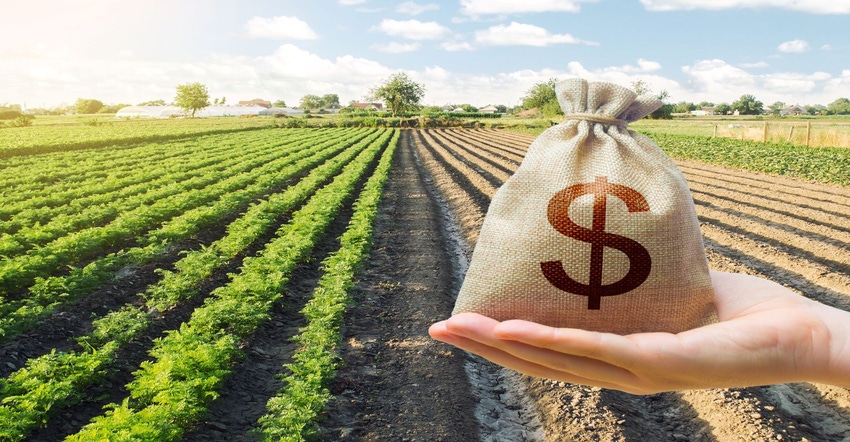
Farmers buckle up. Farmland values are probably going to increase in 2022.
That's what Barry Ward, a leader for Production Business Management and Director of OSU Income Tax School for Ohio State University Extension, told attendees at this year’s Farm Science Review. That means higher land costs and rental fees, which will impact the bottom line of your farm.
Farmland has increased by 20 percent in Illinois in 2021. Some land in Ohio at three farm sales in the past couple of months has sold for $15,000, $13,000 and $11,000 an acre.
Ward says the fundamentals impacting the land values include good crop prices, the money injected into the farm economy and lower interest rates.
However, those impacts are limited to 2021.
“The spigot is about to be turned off,” says Ward.
He says farmers should be aware farm payments will be limited due to higher crop prices and no expected ad hoc payments. He doesn’t expect interest rates to increase until 2022 unless inflation starts to “roar.”
Ward says judging from farm survey results, farmland values will increase 5-10 percent over 2021. And without a doubt, he expects rents to go higher. However, sustaining higher rents could be a problem for a producer due to crop prices and other unknowns in the economy, such as higher fertilizer costs.
3 land lease considerations
To manage those higher costs, Ward suggests the following:
A bonus instead of a yearly higher rental increase. “There needs to be some sharing of the benefits received,” says Ward.
He urges producer to have a flex lease with landowners or explore a bonus system with them.
Ward also urges crop producers to push for a non-disclosure agreement between the landlord and the producer. He says it will force the landowner to keep the rent prices to themselves.
“Look out further than 2021-2022 with your leases,” Ward also urged producers.
About the Author(s)
You May Also Like




